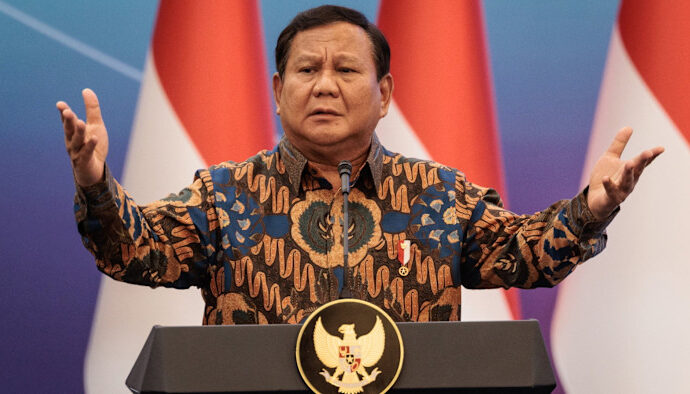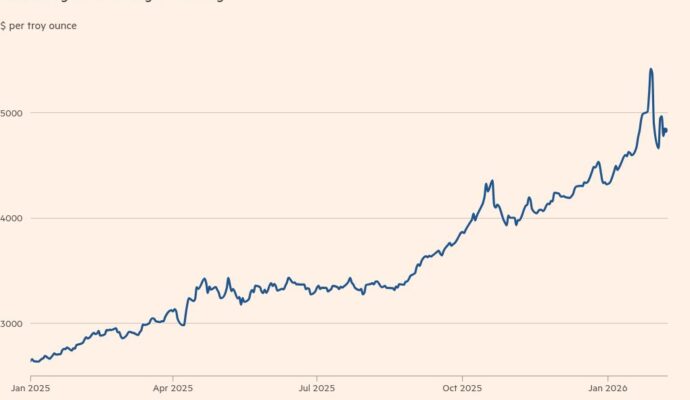
Liz Truss is chosen to lead Britain
Liz Truss will formally assume the prime minister’s title in a meeting today with Queen Elizabeth II at Balmoral Castle in Scotland.
The hawkish foreign secretary will assume power as Britain faces its gravest economic crisis in a generation. Household energy bills are set to spike by 80 percent, and some economists predict that inflation will top 20 percent by early next year. In a speech, she promised a “bold plan to cut taxes,” but many believe Truss will have to announce sweeping measures to shield vulnerable families.
And she must also repair a Conservative Party deeply divided after Boris Johnson’s turbulent three-year tenure, which peaked in 2019 with a landslide general election victory but descended into unrelenting scandals. He agreed to step down this summer.
Profile: Truss, 47, is a party stalwart and free-market champion. She will be Britain’s fourth prime minister in six years and third female leader, after Margaret Thatcher — upon whom she has modeled herself — and Theresa May.
Preparations were also underway in China, where heavy rain fell in Shanghai yesterday morning. In Japan, the typhoon was expected to lash the western island of Kyushu. The authorities recommended that 57,000 households evacuate.
The storm comes just weeks after record-setting rainfall brought deadly floods to South Korea’s capital. The flooding killed at least nine people in Seoul and came as nearly 17 inches of rain (about 43 centimeters) fell in about a day. The typhoon was expected to bring as much as 12 inches of rain (about 31 centimeters) to the area today.
The Fall of Boris Johnson, Explained
The Fall of Boris Johnson, Explained
Turmoil at Downing Street. Britain’s prime minister Boris Johnson said he would step down less than three years after a landslide election victory, following a series of scandals that have ensnared his government. Here’s what led to this:
Jeju: Parts of the island off the southern coast of South Korea were expected to receive more than two feet of rain, about two-thirds of a meter. Yesterday, local news showed flooding there.
More Covid lockdowns in China
Some 60 million people in China are facing more Covid lockdowns, from Chengdu to Shenzhen to Daqing. Weariness is growing.
China is becoming increasingly isolated as the rest of the world largely abandons restrictions. It’s also suffering economically — nearly three years of scattered lockdowns have disrupted exports and sent unemployment soaring, especially among young people.
Chengdu, which is facing an indefinite lockdown, experienced panic buying and anger on social media. Its Covid testing system, tasked with swabbing all 21 million residents every day, recently collapsed, leaving residents waiting in line for hours.
The restrictions also come after a recent drought crippled hydroelectric dams, led to factory closures and forced blackouts in Sichuan Province, where Chengdu is the capital, straining its economy.
Politics: On Oct. 16, President Xi Jinping is expected to glide to a third term in power. He’s staked his claim on “zero Covid,” framing it as proof of the Communist Party’s strength. Any official seen as weakening that claim could face consequences.
Reaction: “Everyone is scared, scared that the situation will become like Shanghai,” one office worker in Chengdu said. Officials in Chengdu have tried to reassure residents that food supplies are ample, but Shanghai had offered similar assurances, only to see widespread shortages of food and medicine.
THE LATEST NEWS
Asia
South Korea is transfixed by a new show, “Extraordinary Attorney Woo,” which brings autism into the spotlight.
Some Koreans with autism have reservations about the show, which spent several weeks this summer as Netflix’s most-watched non-English-language program. But they applaud it for raising awareness in a country where developmental disabilities can be taboo.
Lives lived: Archie Roach, an Aboriginal folk singer in Australia, spent a lifetime trying to find his roots. He died in July at 66.
ARTS AND IDEAS
Period cramps, no uterus required
A campaign in India is trying to end the shame and silence around menstruation, and introducing better hygiene products to protect women’s health.
The campaign is encouraging women to use menstrual cups instead of sanitary napkins or, worse, cloth, which could expose them to infections. The small devices, made of latex rubber or silicone, are cost-effective and reusable.
But the organizers are also trying to start a conversation about menstruation in a country where women are sometimes barred from the kitchen, or even banished to huts, while menstruating — and they are trying to involve men. One strategy: Simulated period cramps. With wires clamped below their navels, men can experience a version of the pain their wives, sisters and mothers may feel each month.
“I could not concentrate on anything around me for as long as the cramps lasted,” one 26-year-old in the southern state of Kerala said. “I have so much more respect for my mother, for my sisters,” he added. “It’s hard for them, that much I know.”


